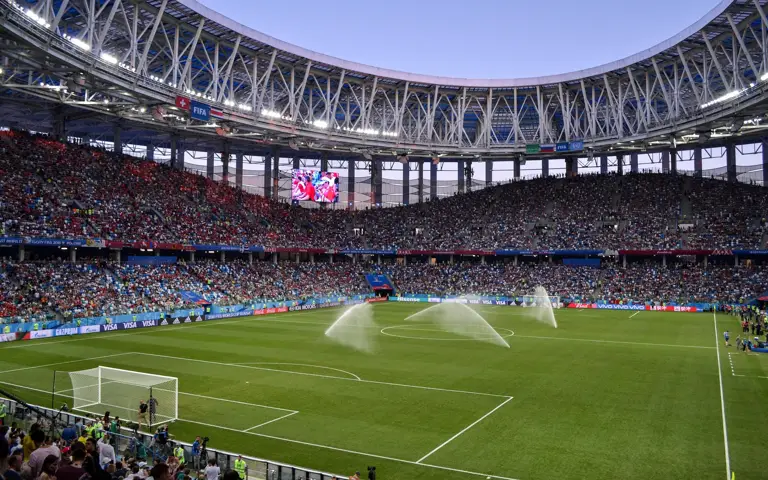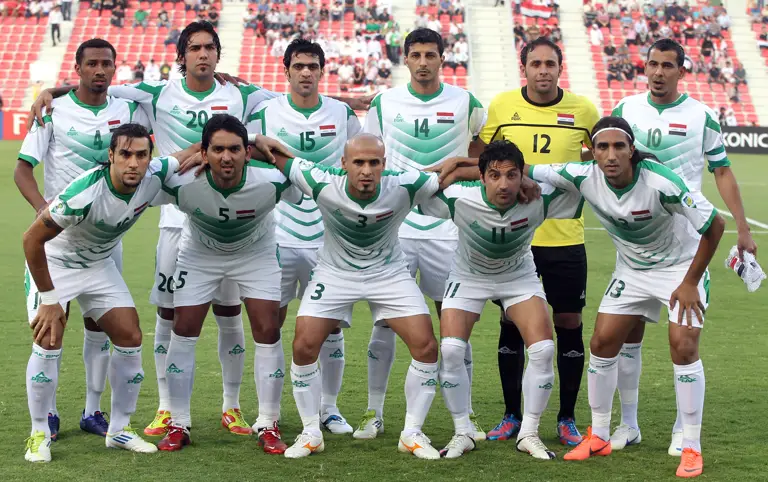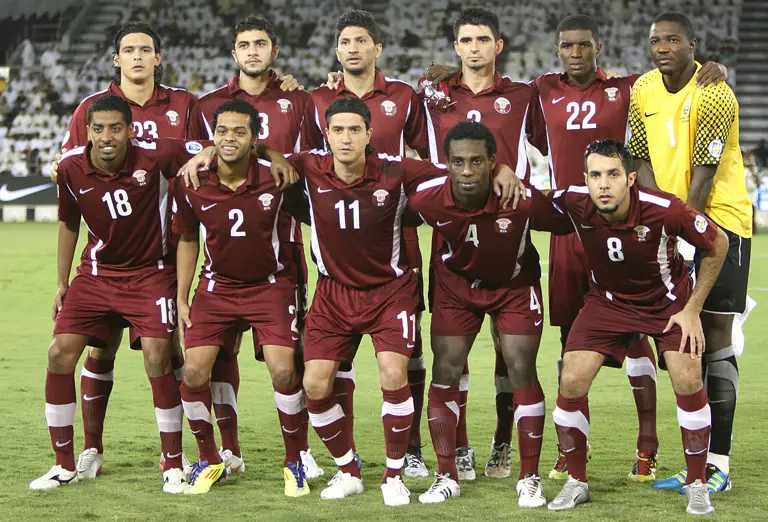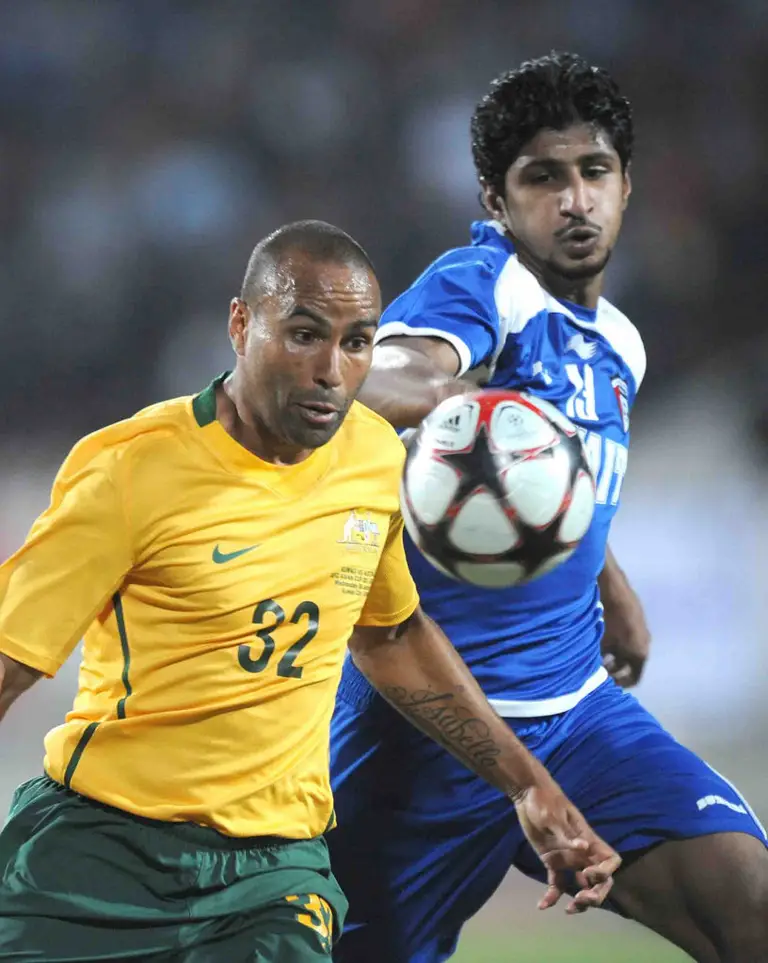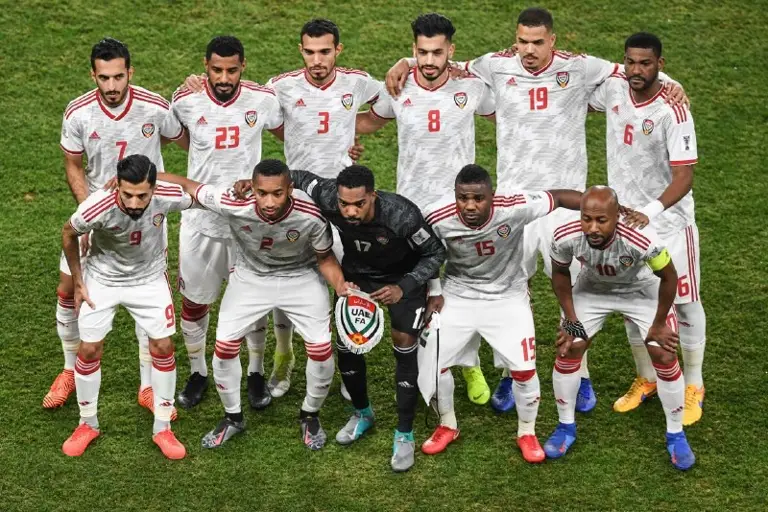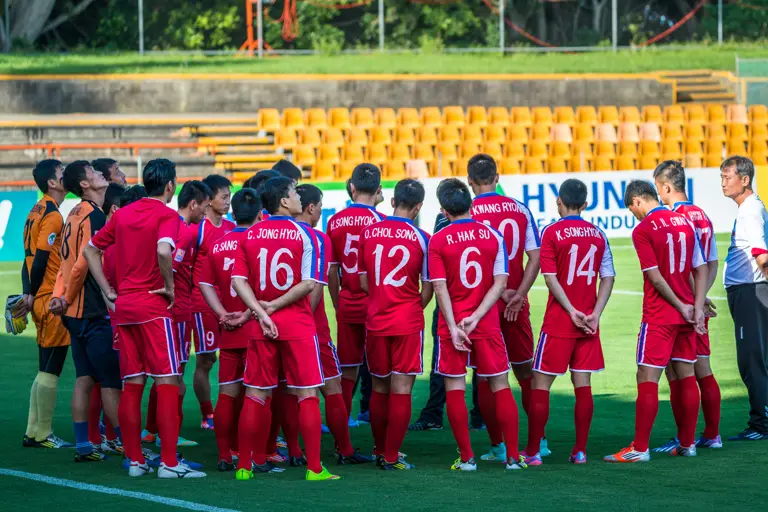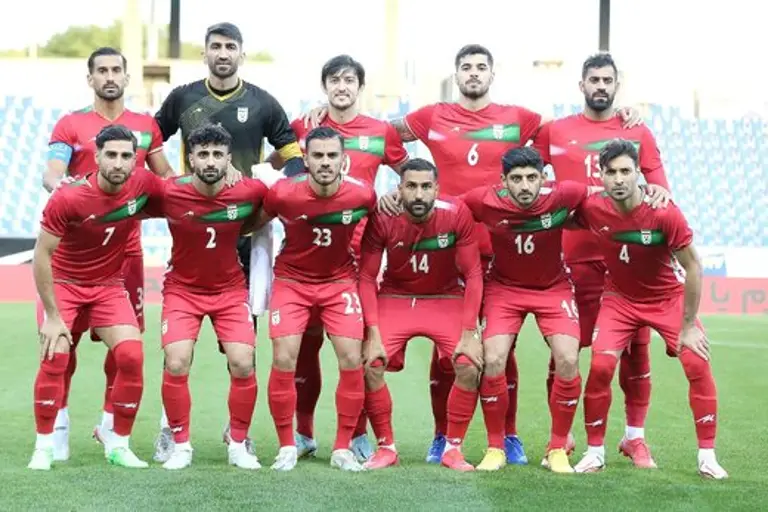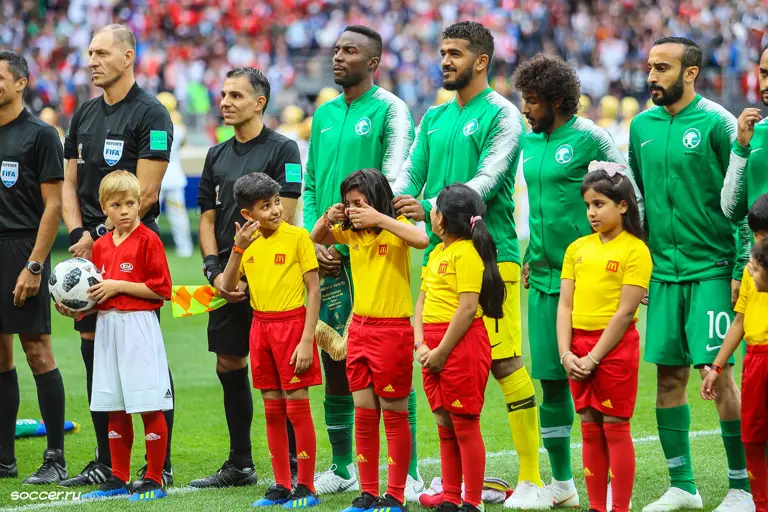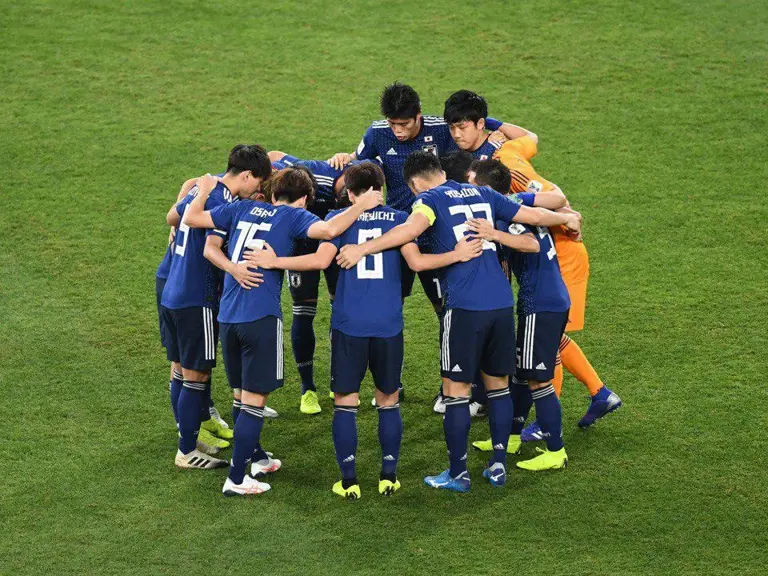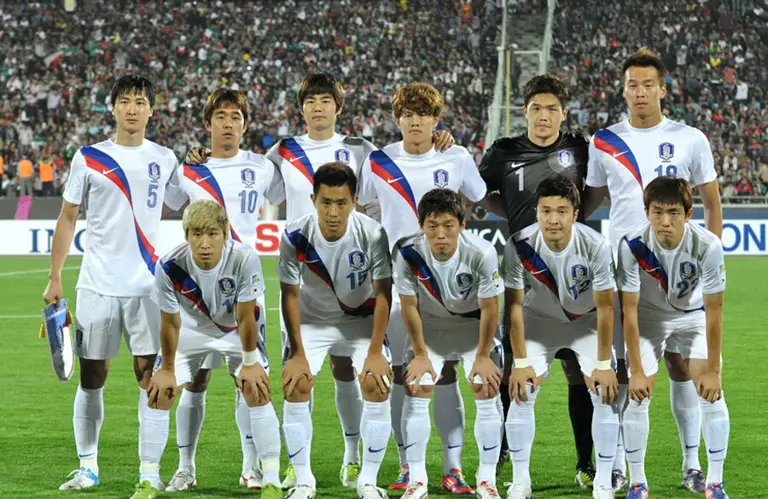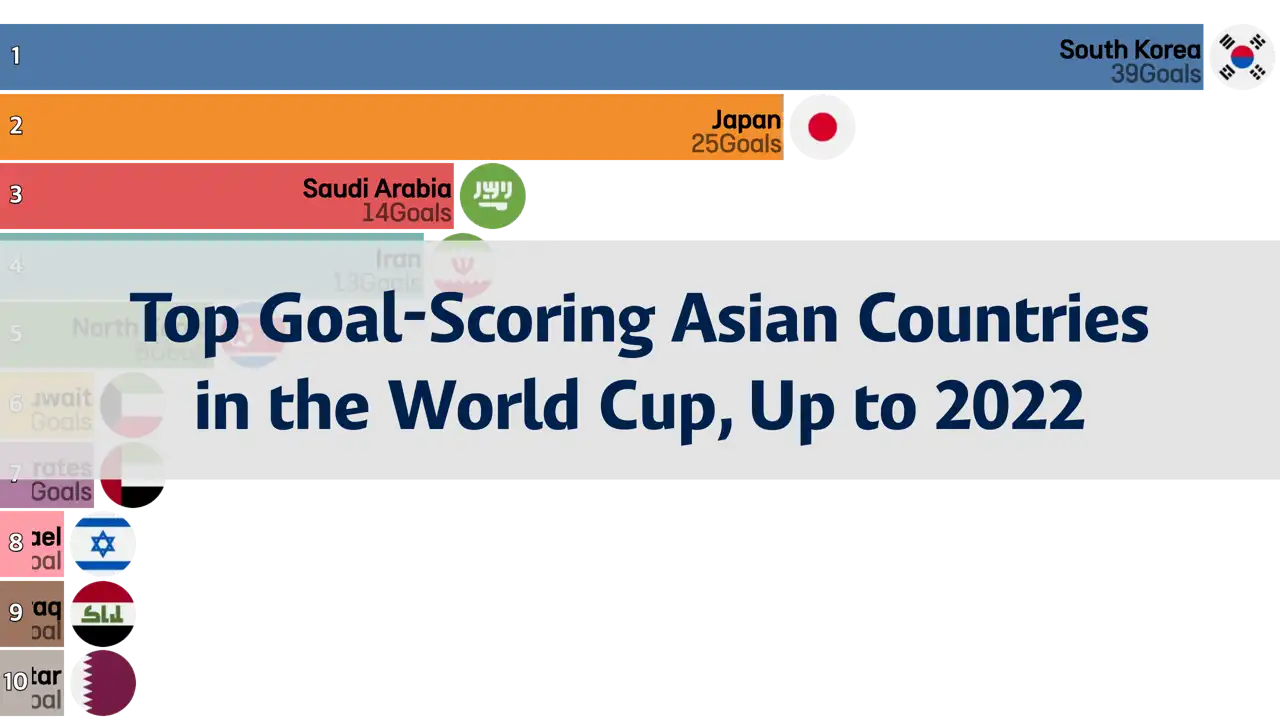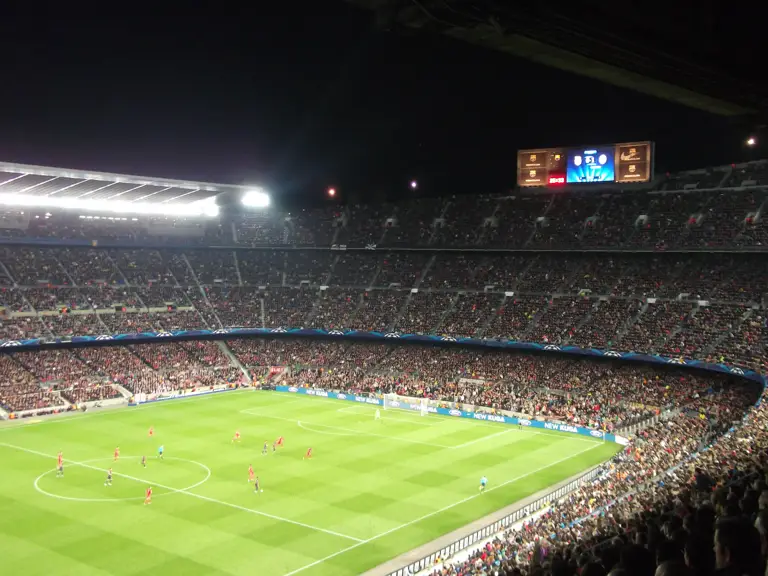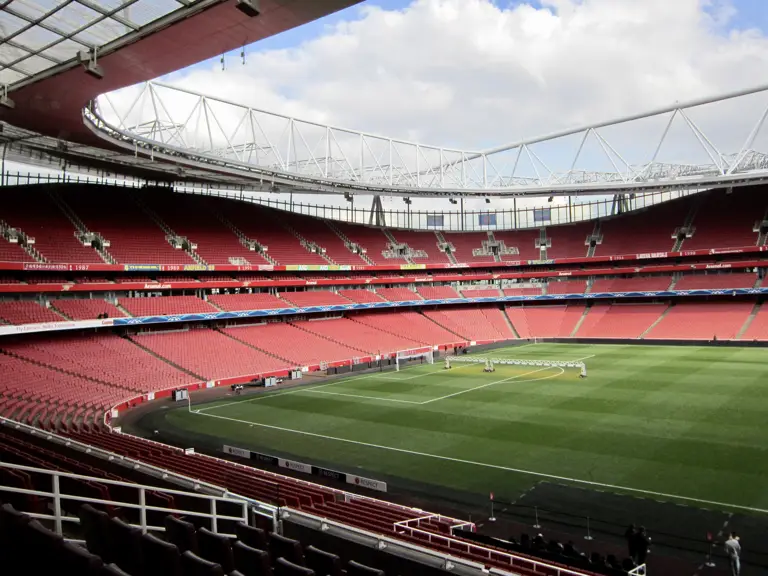
Which Asian country has scored the most World Cup goals? Here's the top 10 all-time list
- ASUMUP
- Sports / Soccer
- June 9, 2025
The FIFA World Cup is the pinnacle of international football, a global stage where nations clash and legacies are built. While Asia is not traditionally considered a football powerhouse compared to Europe or South America, several Asian countries have made their mark by scoring important goals in World Cup history.
From South Korea’s legendary semi-final run in 2002 to Japan’s consistently strong showings in recent tournaments, Asian nations have gradually become more competitive on the world stage. Goal-scoring is one of the most essential metrics of a team’s success in the World Cup, and it's an exciting way to compare how far each country has progressed.
In this blog post, we’ll take a look at the top Asian nations based on the total number of goals scored in World Cup history up until the 2022 Qatar World Cup. Some of these results may surprise you—especially when you see who’s still stuck at the bottom.
Let’s dive into the top 10 Asian goal-scorers in World Cup history and explore how each team achieved their tallies.
Asia's Top World Cup Scorers 🏆
- 1st South Korea – 39 goals
- 2nd Japan – 25 goals
- 3rd Saudi Arabia – 14 goals
- 4th Iran – 13 goals
- 5th North Korea – 6 goals
- 6th United Arab Emirates – 2 goals
- 7th Kuwait – 2 goals
- 8th Qatar – 1 goal
- 9th Iraq – 1 goal
- 10th Israel – 1 goal
10th Israel – 1 goal
Their lone goal came in a 1-1 draw against Sweden, scored by Mordechai Spiegler—still one of Israel’s most iconic footballers. While political and geographical issues have limited Israel’s football opportunities in Asia, they remain active in UEFA competitions today.
9th Iraq – 1 goal
Their lone goal was scored by Ahmed Radhi against Belgium. That goal remains a cherished memory among Iraqi fans, symbolizing the nation’s resilience and passion for football. Iraq has since come close to qualifying but has not yet returned to the World Cup stage.
8th Qatar – 1 goal
Their lone goal came in a 3-1 loss to Senegal, scored by Mohammed Muntari. While their performance was underwhelming, Qatar’s investment in football infrastructure and development, especially through the Aspire Academy, could yield better results in future tournaments.
7th Kuwait – 2 goals
Kuwait is perhaps most remembered for the controversial game against France, in which a goal was disallowed after a prince intervened from the stands. Although Kuwait has not returned to the World Cup since, their brief stint remains an important part of Asian football history.
6th United Arab Emirates – 2 goals
The goals were scored by Khalid Ismail and Ali Thani, who remain celebrated figures in UAE football. Despite limited World Cup experience, the UAE continues to invest in football development, with hopes of returning to the tournament stage in the future.
5th North Korea – 6 goals
They scored three goals in a losing effort against Portugal in the quarter-finals, eventually falling 5-3 despite a 3-0 lead. The 2010 return ended in heavy defeats, but the team's earlier success remains one of Asia’s proudest football moments. North Korea's goals symbolize a rare but impactful participation on the global stage.
4th Iran – 13 goals
Their first World Cup victory came in 1998 against the United States—a politically and culturally significant match. Players like Ali Daei, Sardar Azmoun, and Mehdi Taremi have contributed to Iran’s goal tally. Despite their challenges, Iran remains a respected and competitive team in the Asian region with the potential to rise even higher.
3rd Saudi Arabia – 14 goals
They’re remembered for Saeed Al-Owairan’s wonder goal against Belgium in 1994, a solo run often compared to Maradona's 1986 goal against England. Saudi Arabia’s recent victory over Argentina in the 2022 World Cup shocked the world and reaffirmed their growing football capabilities. With domestic investment in football rising, their goal count may continue to grow in future tournaments.
2nd Japan – 25 goals
Memorable moments include their run to the Round of 16 in 2002, 2010, and 2018, and their thrilling 3-2 win over Belgium in the 2018 Round of 16—even though they eventually lost. Key goal-scorers for Japan include Keisuke Honda, Shinji Okazaki, and Takashi Inui. Japan’s progressive style and organized play have helped them become one of Asia’s most respected footballing nations.
1st South Korea – 39 goals
The team’s journey has been filled with dramatic moments, such as their historic win over Germany in 2018 and their consistent goal-scoring ability across various editions. South Korea's standout players over the years include Ahn Jung-hwan, Park Ji-sung, and more recently, Son Heung-min. Their combination of resilience, skill, and attacking prowess has made them Asia's top-performing team on football’s biggest stage.
Other Posts in the Sports / Soccer
Categories
- National Rankings(43)
- Science & Technology(1)
- Sports(24)
- Economy(30)
- Society(12)
- Culture(7)
Recent Posts
![Bayern Spent HOW MUCH on Harry Kane?! Ranking Their Top 10 Biggest Signings Ever]() A deep dive into Bayern Munich's ten most expensive transfers, exploring how the club's spending strategy has evolved to chase European glory.
A deep dive into Bayern Munich's ten most expensive transfers, exploring how the club's spending strategy has evolved to chase European glory.![Arsenal's Record-Shattering Spree: From a €116M Gamble to a Flop, Who Was Worth the Cash?]() A deep dive into Arsenal's top 10 most expensive signings, analyzing the successes, the failures, and the massive fees that have defined the club's modern transfer strategy.
A deep dive into Arsenal's top 10 most expensive signings, analyzing the successes, the failures, and the massive fees that have defined the club's modern transfer strategy.![Chelsea Cashes In BIG TIME! Who Really Won the 25/26 Summer Transfer Window Money Game?]() A deep dive into the top 10 clubs that made the most money from player sales during the wild 25/26 summer transfer window.
A deep dive into the top 10 clubs that made the most money from player sales during the wild 25/26 summer transfer window.![Liverpool's Record-Breaking €483M Spree! Did They Just Buy the Premier League Title?]() A deep dive into the 25/26 summer transfer window reveals Liverpool's record-breaking spending spree as Premier League clubs continue to dominate the market.
A deep dive into the 25/26 summer transfer window reveals Liverpool's record-breaking spending spree as Premier League clubs continue to dominate the market.![You Won't Believe How Much a Loaf of Bread Costs in These Countries! (Spoiler: It's INSANE)]() This post explores the top 10 countries with the most expensive bread, revealing how factors like import reliance and tourism dramatically inflate the cost of this basic staple.
This post explores the top 10 countries with the most expensive bread, revealing how factors like import reliance and tourism dramatically inflate the cost of this basic staple.
